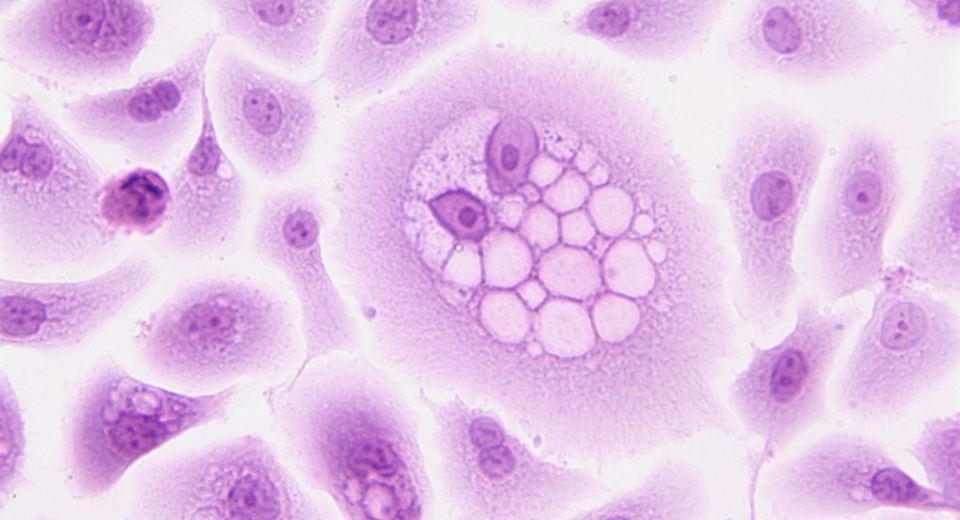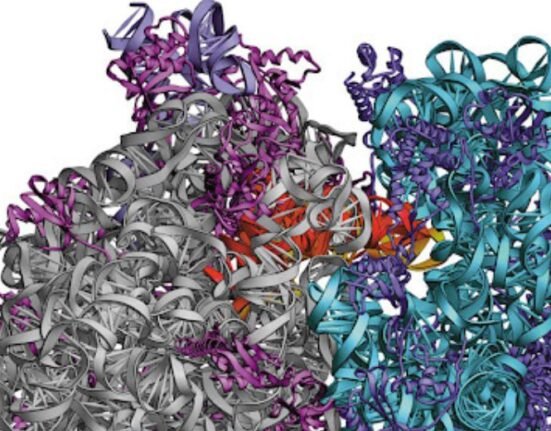HQ Team
May 3, 2024: A vaccine using the mRNA technique combined with personalised delivery of tumor cells has been developed to combat glioblastoma, the most aggressive and lethal brain tumor.
The vaccine, developed at the University of Florida, showed promising results in a clinical trial on four adult patients
Earlier, the vaccine was tested on 10 pet dogs suffering from brain tumors and also in a mice model.
Vaccine model
The vaccine uses an iteration of the mRNA vaccine. It uses a patient’s own tumor cells to create a personalized vaccine, along with a complex delivery mechanism.
“Instead of us injecting single particles, we’re injecting clusters of particles that are wrapping around each other like onions, like a bag full of onions,” said senior author Elias Sayour, M.D., Ph.D., a UF Health pediatric oncologist. “And the reason we’ve done that in the context of cancer is these clusters alert the immune system in a much more profound way than single particles would.”
The scientists were amazed to observe the speed of the response to the intravenously delivered vaccine. Sayor said:
“In less than 48 hours, we could see these tumors shifting from what we refer to as ‘cold’ — immune cold, very few immune cells, very silenced immune response — to ‘hot,’ very active immune response. That was very surprising given how quick this happened, and what that told us is we were able to activate the early part of the immune system very rapidly against these cancers, and that’s critical to unlock the later effects of the immune response.”
Short-term side effects typical of an immune response, were seen after the administration such as nausea, low fever, and chills.
Results
Glioblastoma patients are treated with chemotherapy, radiation, and surgery, but the survivorship with no disease progression is generally 6 months.
In the human trial, one patient experienced eight months of progression-free survivorship and another experienced nine months. A third patient lived for a further nine months with recurrent glioblastoma. Precise survival information has not yet been reported for the fourth patient.
Future
The research is expanding into Phase I clinical trials for both adult and pediatric patients.
“I am hopeful that this could be a new paradigm for how we treat patients, a new platform technology for how we can modulate the immune system,” says Sayour.
Sayour and his colleagues are researching on the frequency and amount of dosage the vaccine should be delivered for optimal results and safety, and what combined treatment plans work best alongside it.
“I am hopeful for how this could now synergize with other immunotherapies and perhaps unlock those immunotherapies,” added Sayour.
The study can be accessed in the journal Cell.








